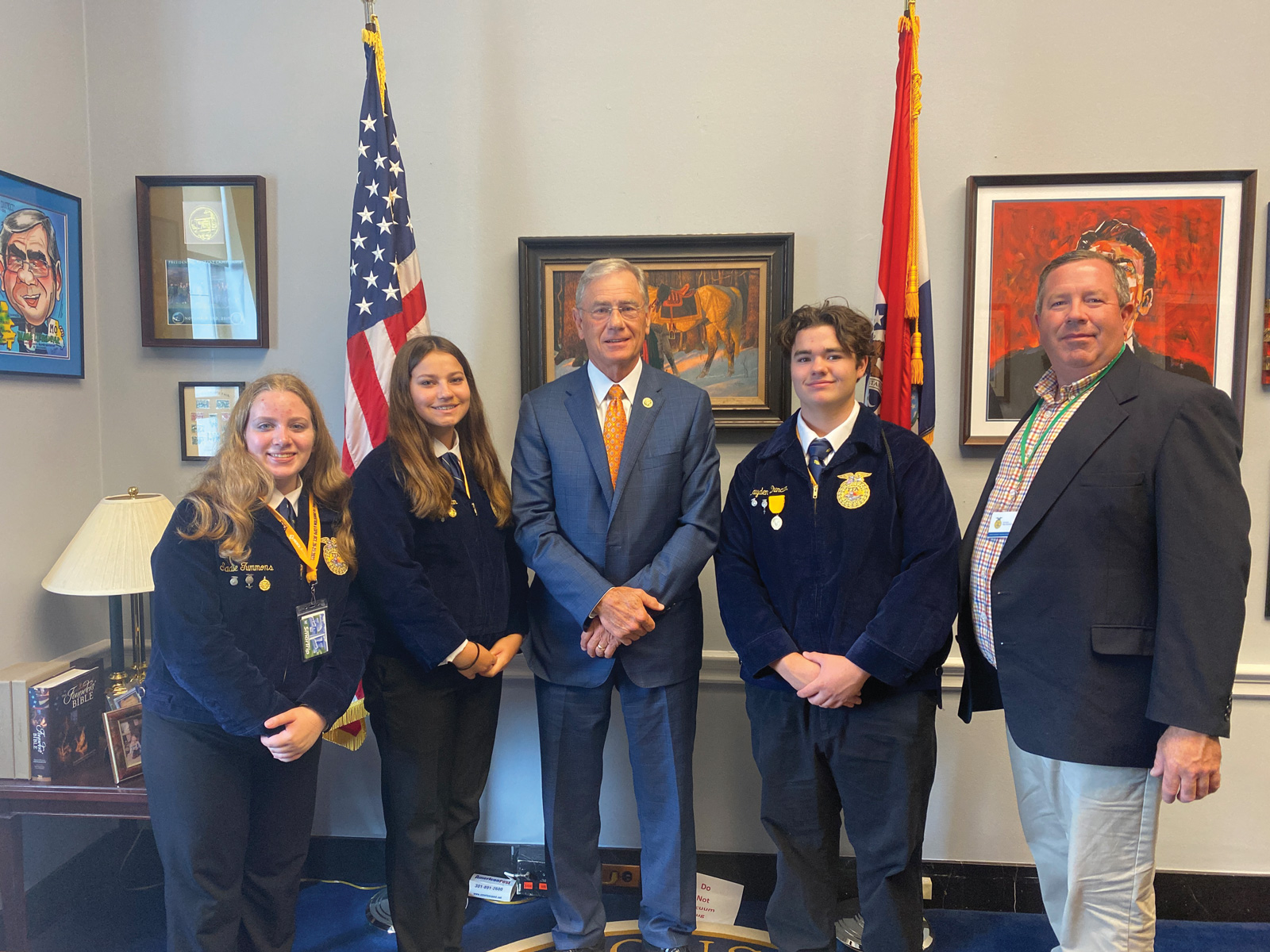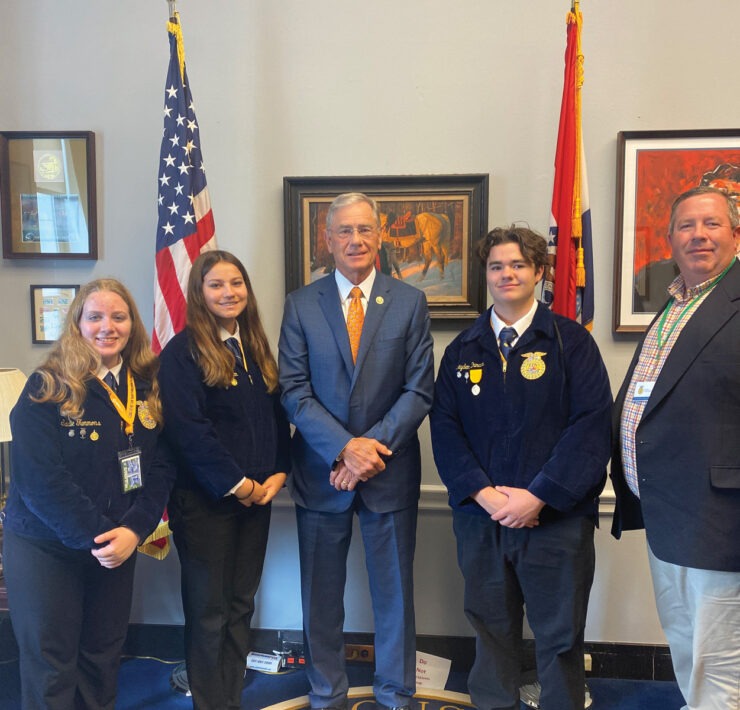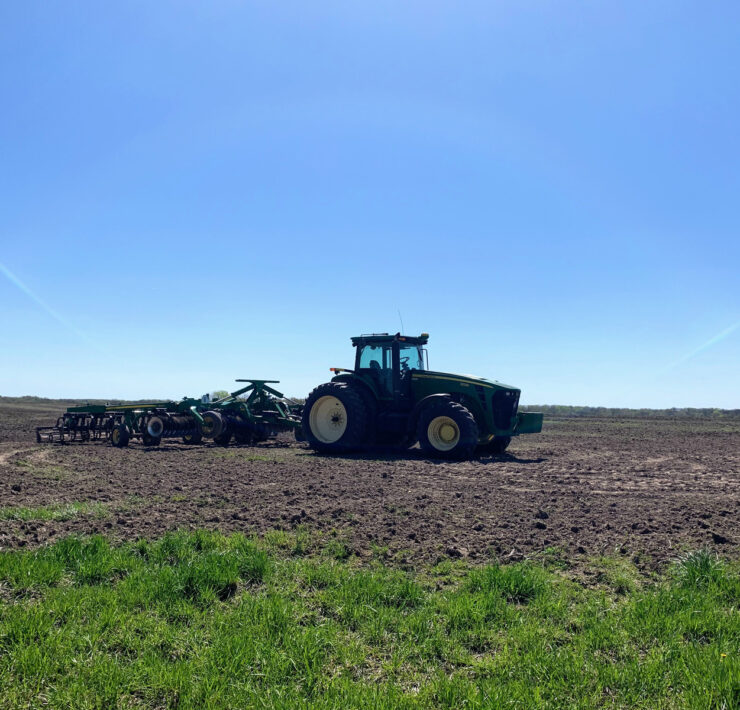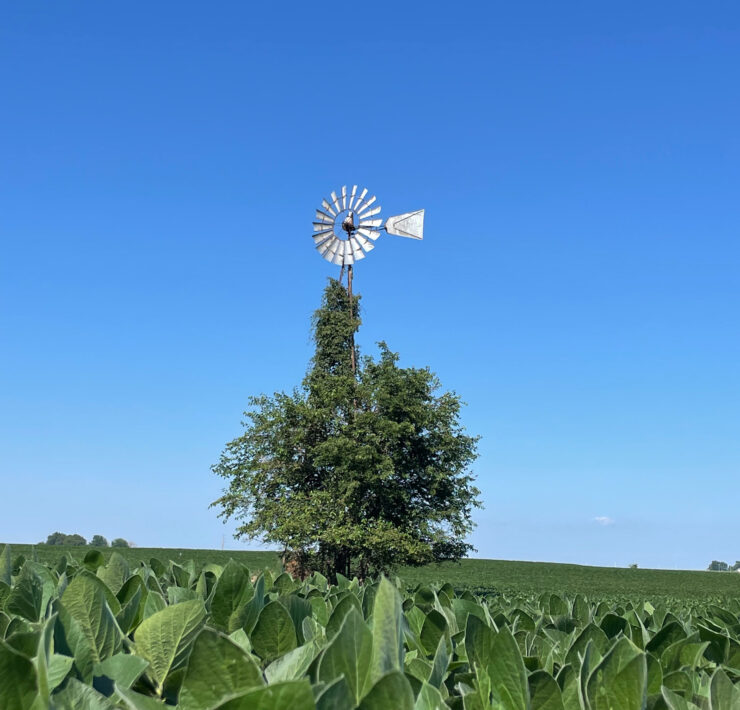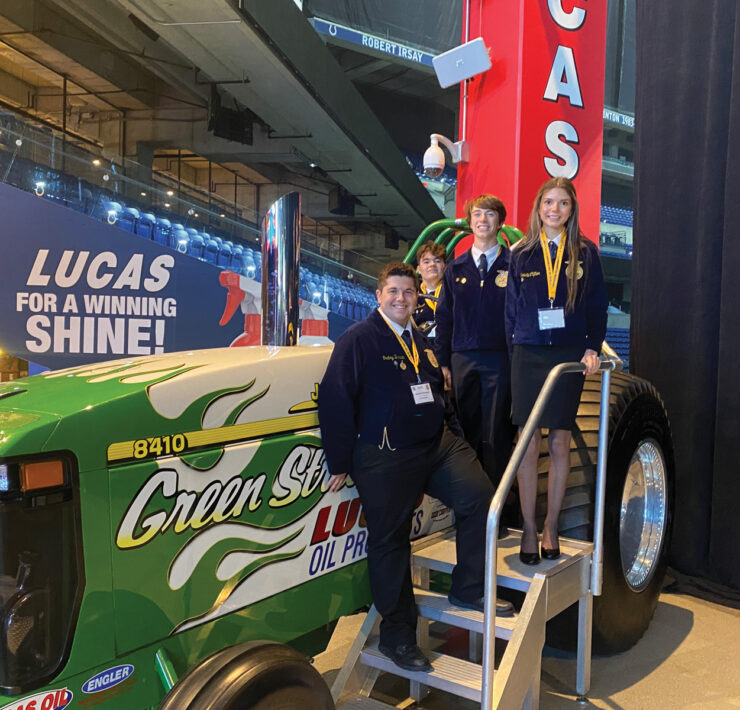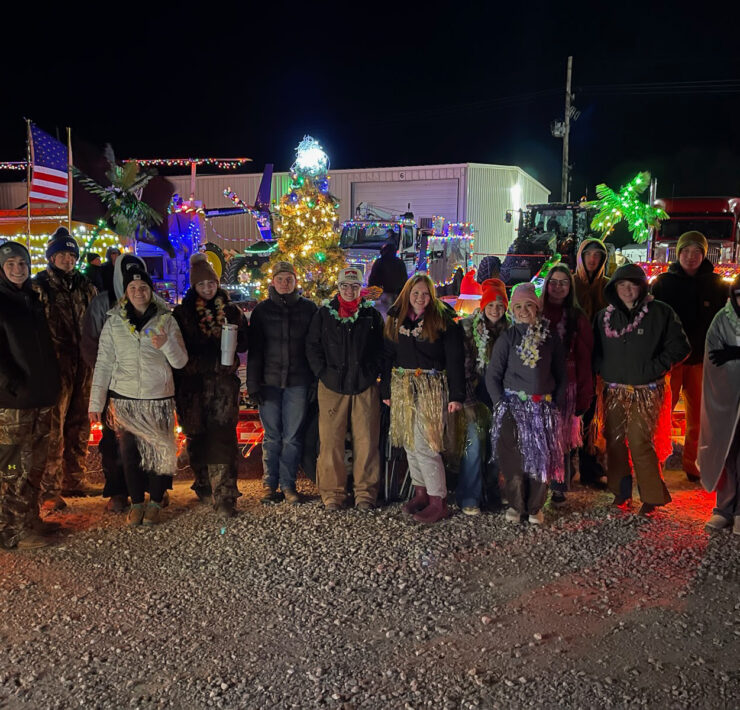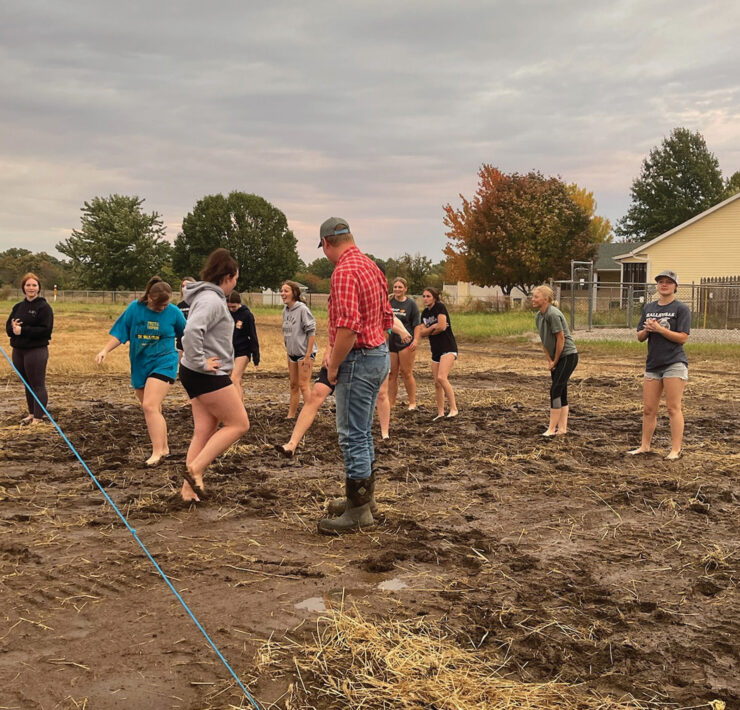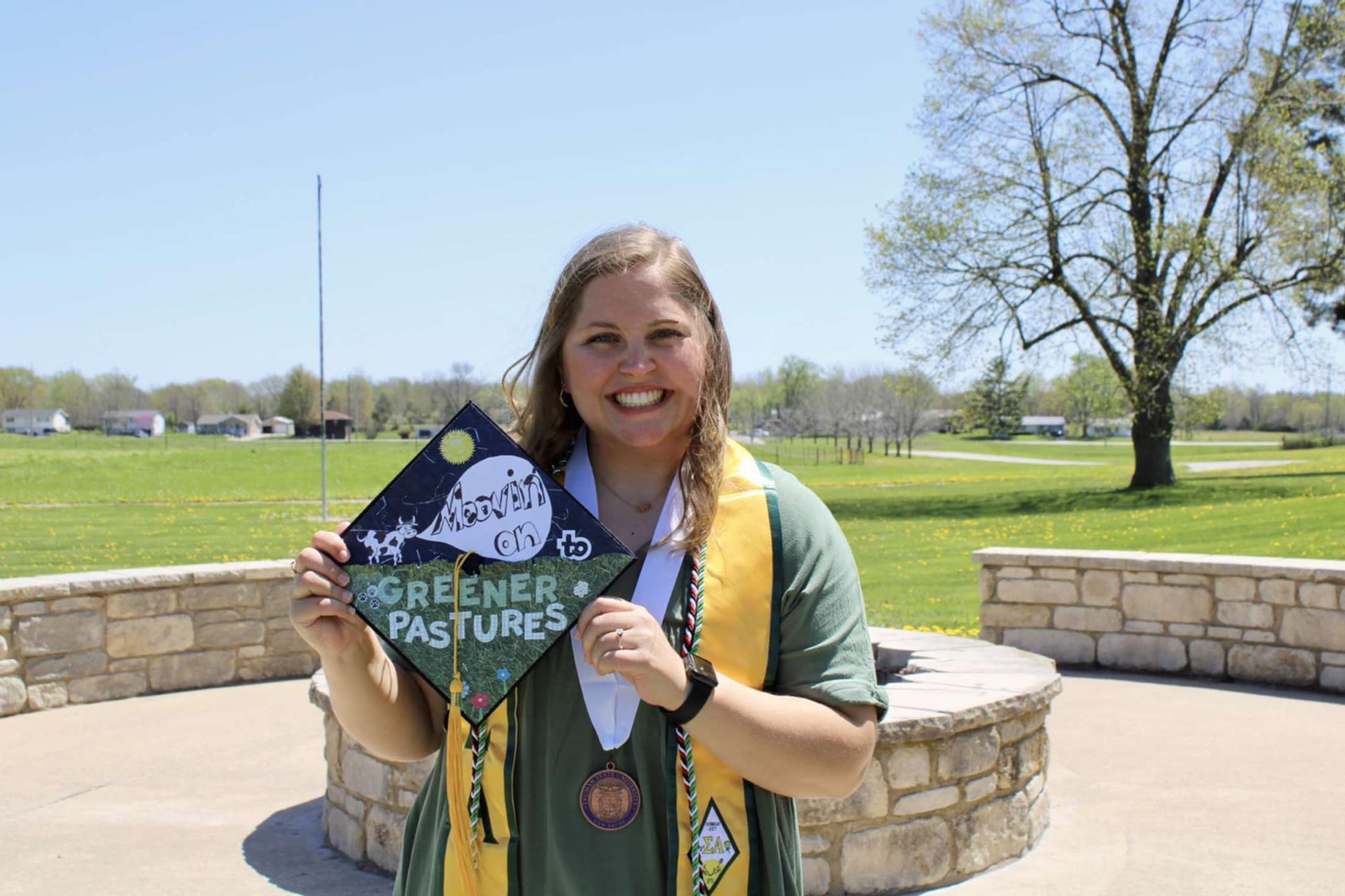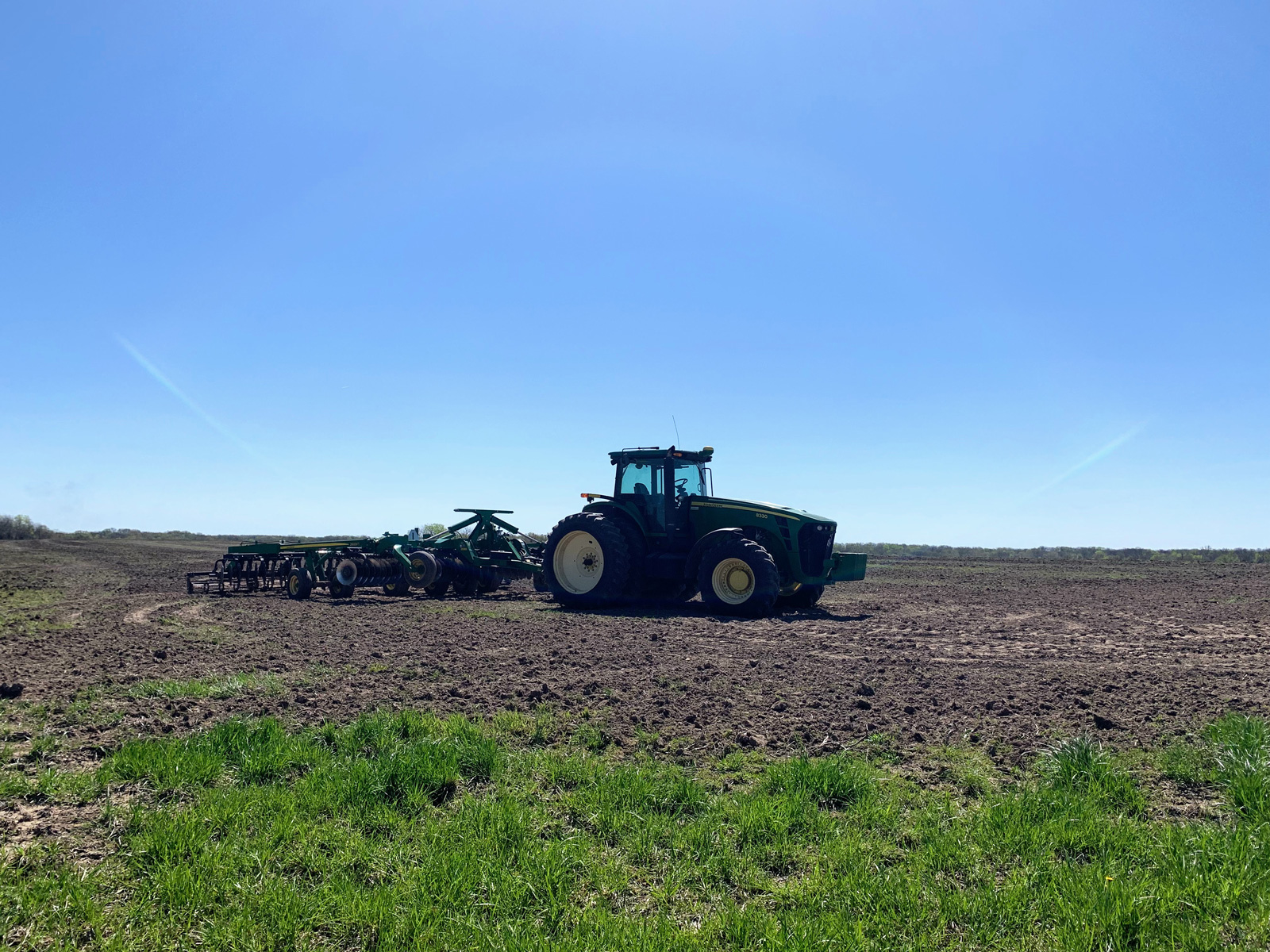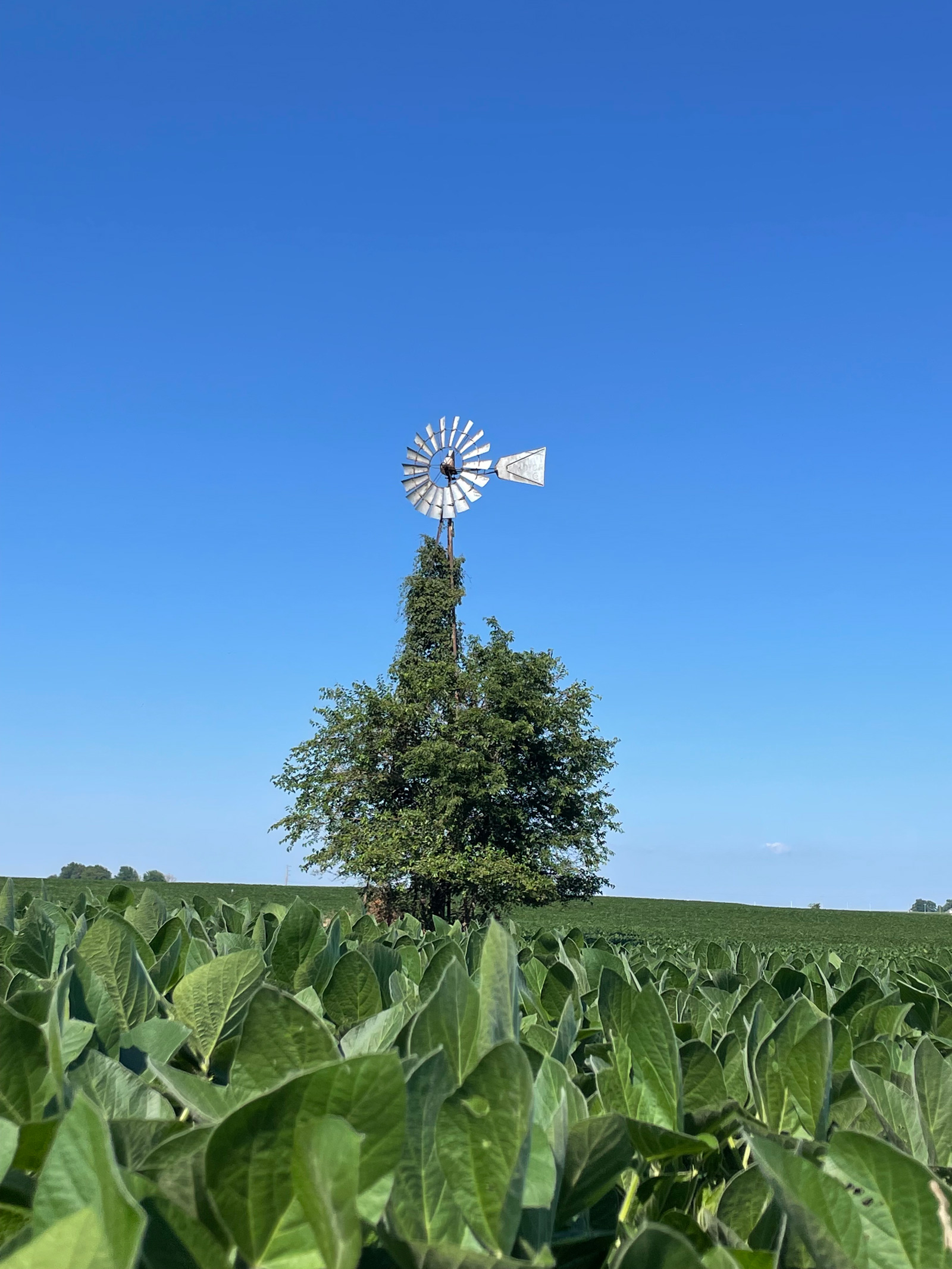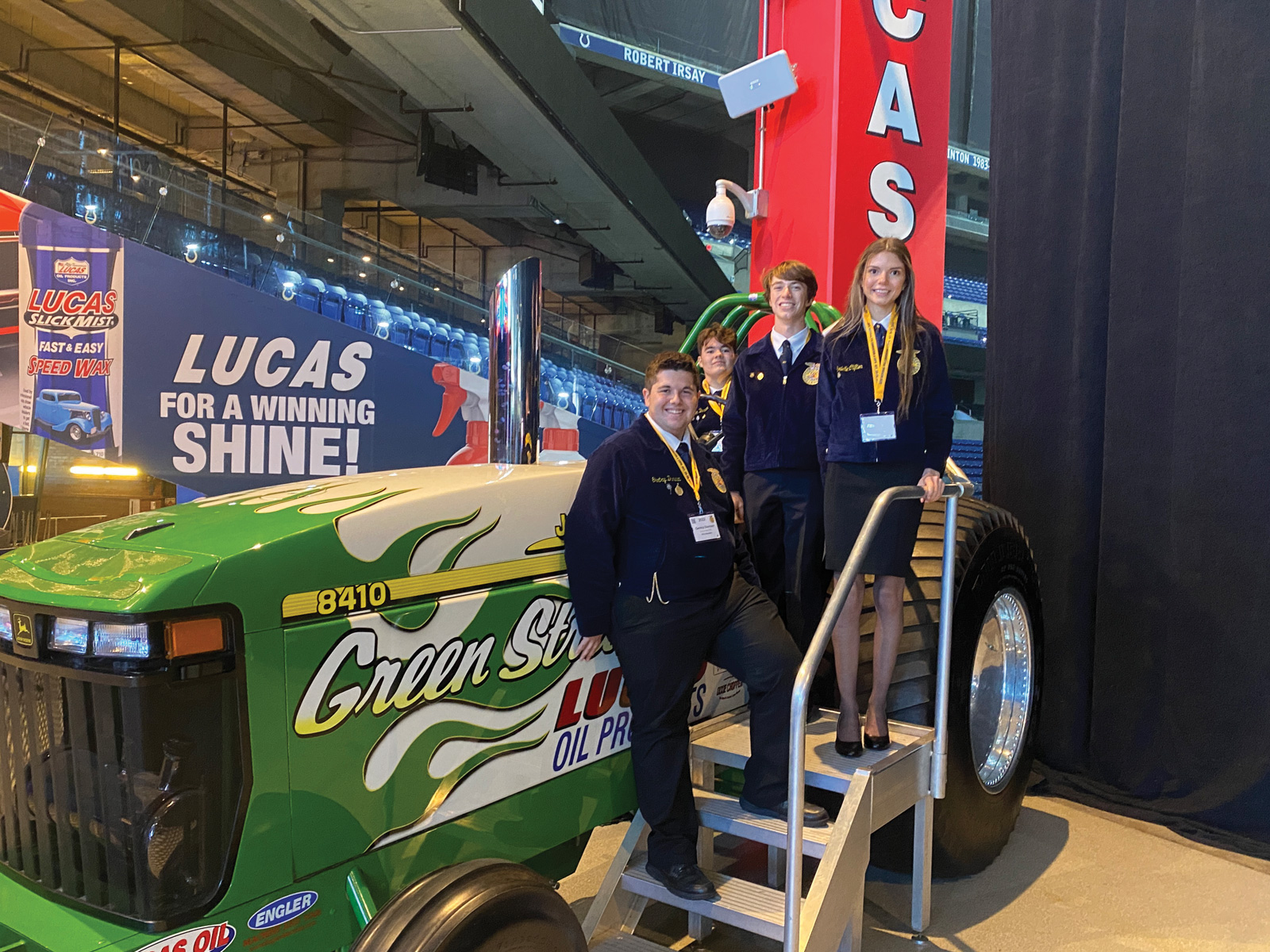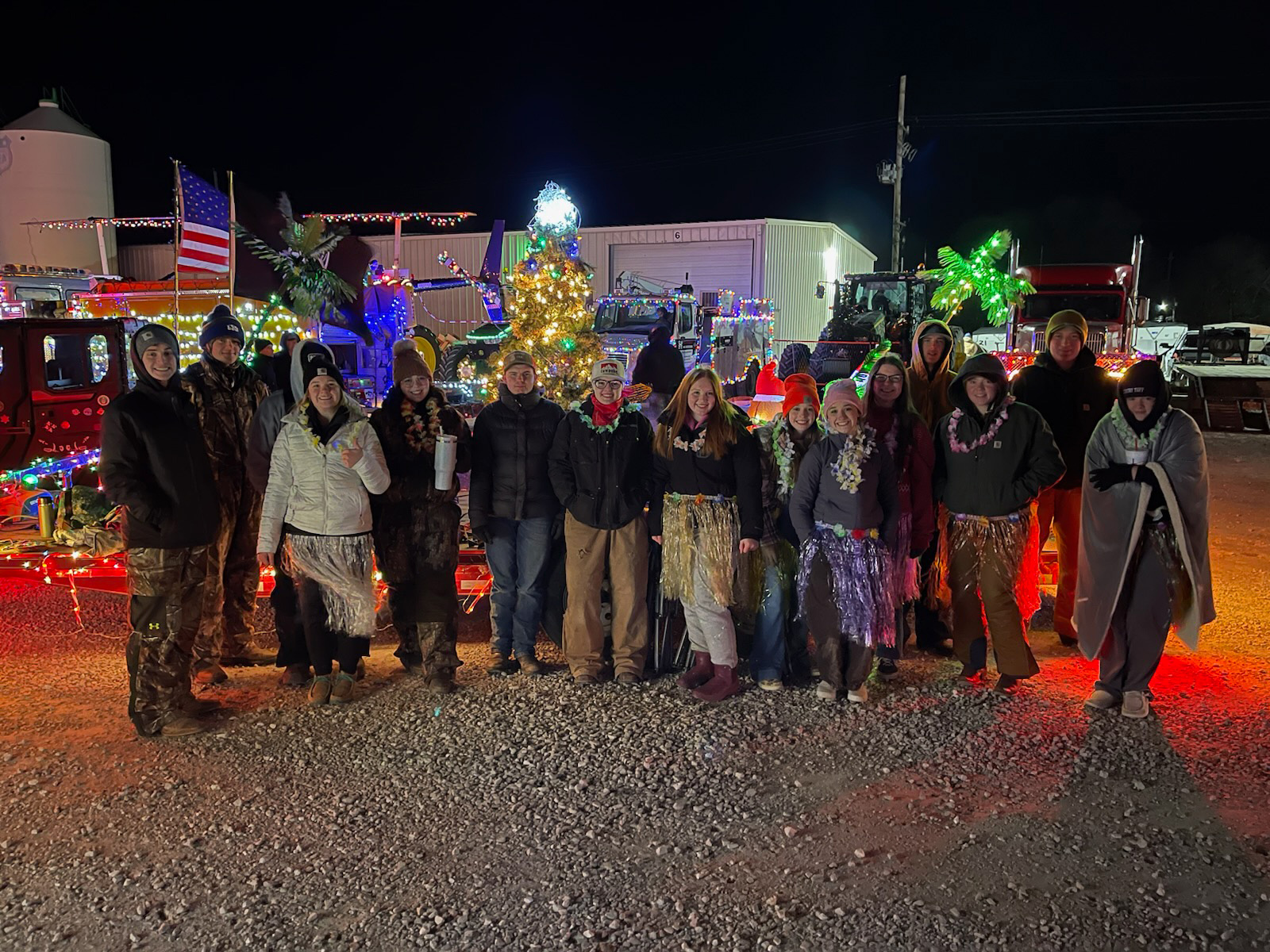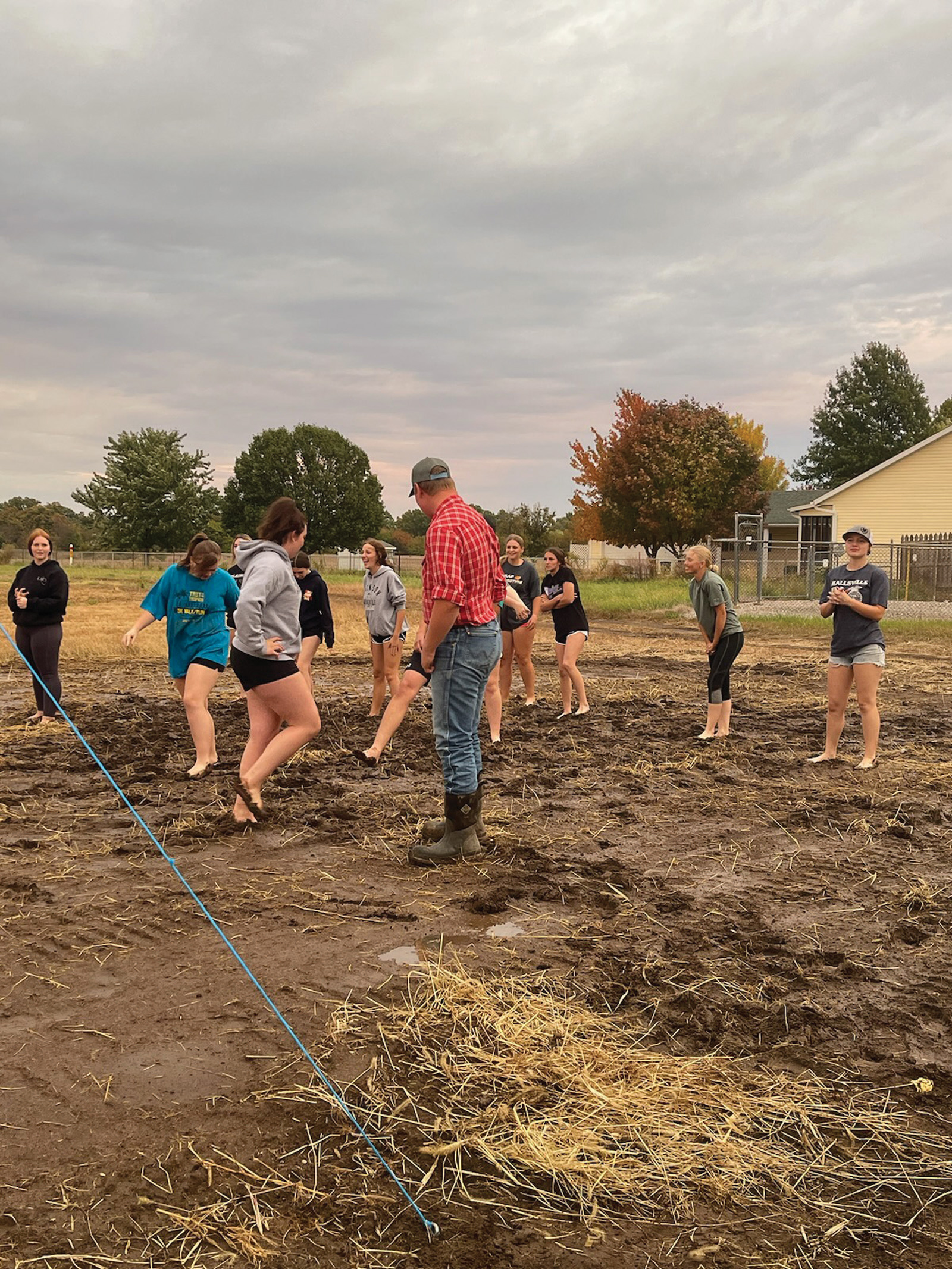Future Phenomenal Americans
- This story originally appeared in the August 2023 Agriculture issue of COMO Magazine
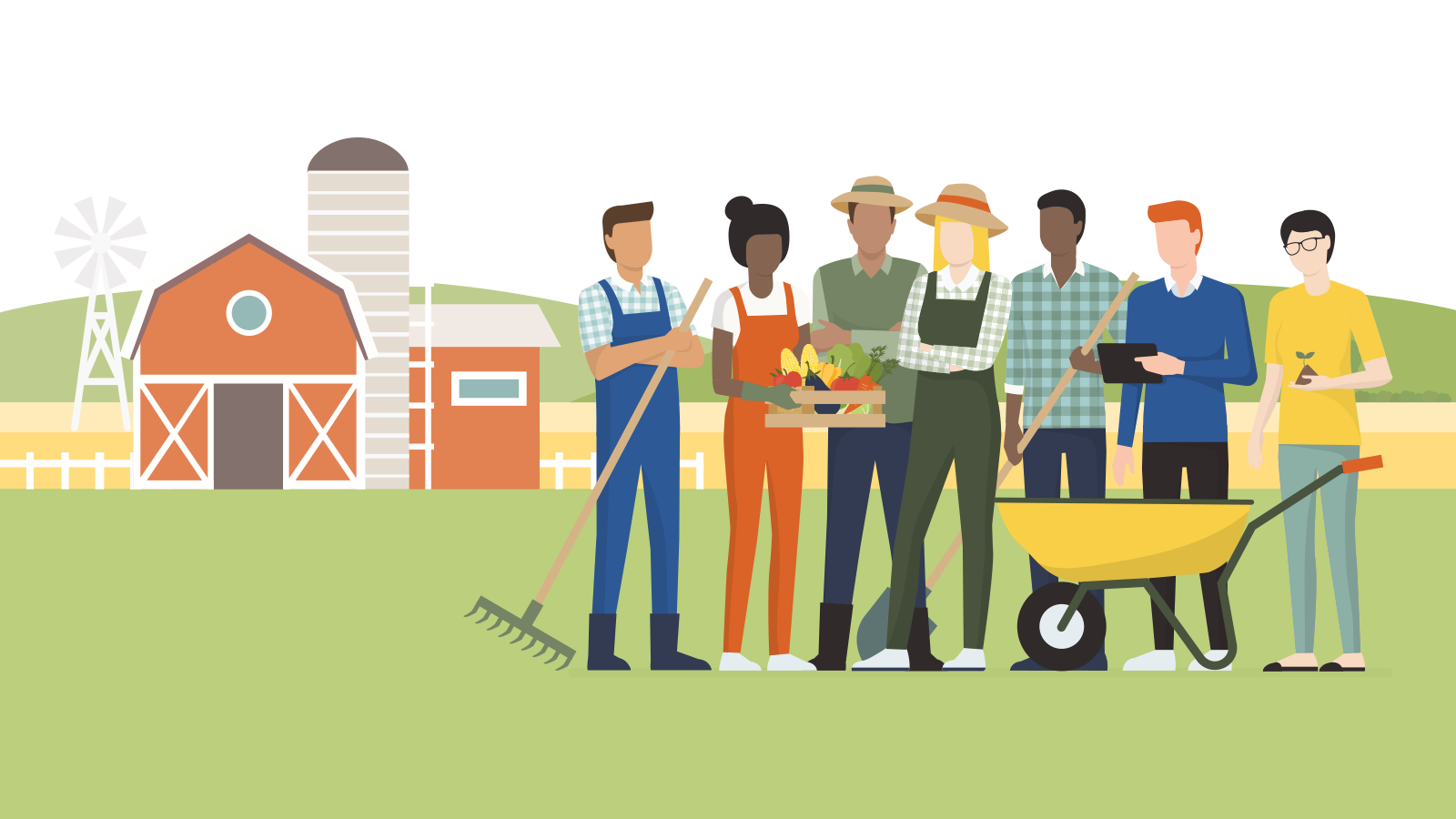
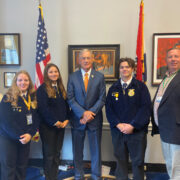

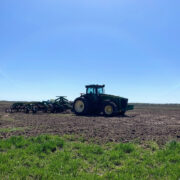
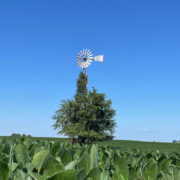 +3
+3 Future Phenomenal Americans
Sadie Tummons, Madison Pulliam, Hayden Duncan, Kevin Duncan, and Blaine Luetkemeyer
Columbia FFA members Sadie Tummons, Madison Pulliam and Hayden Duncan, and FFA adviser Kevin Duncan, visit Missouri 3rd District Congressional Representative Blaine Luetkemeyer during the national organization’s Washington Leadership Conference in June 2023.
Source: Sadie Tummons, Madison Pulliam, Hayden Duncan, Kevin Duncan, and Blaine LuetkemeyerFuture Phenomenal Americans
Future Phenomenal Americans
Future Phenomenal Americans
Gentry Duncan, Hayden Duncan, Jack Malone, Gabrielle Clifton, at Poultry Career Development
Columbia FFA’s Gentry Duncan, Hayden Duncan, Jack Malone, and Gabrielle Clifton finished in second place nationally in the Poultry Evaluation Career Development Event at the October 2022 national convention in Indianapolis.
Source: Gentry Duncan, Hayden Duncan, Jack Malone, Gabrielle Clifton, at Poultry Career DevelopmentFuture Phenomenal Americans
Future Farmers of America has bolted into the 21st century, taking young men and women for the ride of their lives. And not just on horses or tractors.
When you think of Future Farmers of America (FFA), what comes to mind? Maybe the dark blue corduroy jackets featuring the FFA logo and gold embroidery. Perhaps you think of high school guys perpetually attired in blue jeans and cowboy boots, planning to take over the family farm.
While such perceptions may be accurate, they are only part of the organization’s storied picture. Athletes, entertainers, entrepreneurs, titans of business and industry, congresswomen and men, doctors, chemists, accountants, teachers, and, yes, farmers, ranchers, and more have their roots in FFA.
You may not be surprised that FFA’s famous alumni include Tim McGraw and Willie Nelson. But how about Don Henley and Taylor Swift? Add to the list Bo Jackson, Olympic gold medalist pole vaulter Stacy Dragila, and Buffalo Bills quarterback Josh Allen, who was an FFA national finalist in 2014 for diversified crop production.
Bestselling author Ally Carter still lives near the farm she grew up on in Oklahoma. And FFA helped propel Anne Knapke from the 2003-04 FFA national vice president to deputy chief of staff for policy at the United States Department of Agriculture (USDA).
It’s easy to think that because farming is shrinking in mid-Missouri as towns and cities grow and spread, an ag-related high school student organization would become irrelevant. Think again. Growing numbers of high school students in Columbia and Hallsville are joining FFA. Perhaps that’s because it’s not just for farmers anymore.
Agriculture is a Growth Industry
In 1988, FFA changed its official name to the National FFA Organization. Although it wanted to hold onto its 1928 origins with the future farmers of the country, it also recognized that its trajectory was changing. According to the National FFA website:
“FFA continues to help the next generation rise up to meet those challenges by helping its members to develop their own unique talents and explore their interests in a broad range of agricultural career pathways. So today, we are still the Future Farmers of America. But, we are the future biologists, future chemists, future veterinarians, future engineers, and future entrepreneurs of America, too.”
Expanding the mission and focus of FFA helps the organization draw members from a deeper pool of prospects and continues to keep it relevant in the 21st century.
According to the Missouri Department of Agriculture, there are 95,000 farms in Missouri, mostly family owned and operated. But in 1950, there were about a quarter of a million farms in the Show-Me State. Agriculture has changed, broadening its scope from just production farming and ranching, and so has FFA.
Kevin Duncan is the Columbia Area Career Center lead FFA adviser for the Columbia Chapter, one of six FFA advisers and ag instructors for Columbia Public Schools.
“The FFA has broadened its focus into all areas of agriculture from research to production, rural to urban, and everything in between,” Duncan says.
Today, Missouri FFA reports 355 chapters and nearly 26,000 members, the eighth largest membership in the country. Missouri FFA divides chapters among six districts. The Columbia and Hallsville chapters are both in the Northeast District.
Most chapters are specific to a single high school, such as the Hallsville chapter. But the Columbia chapter is different, encompassing all three public high schools under the tent of the Columbia Area Career Center (CACC). Battle, Hickman, and Rock Bridge students operate under that single umbrella, along with a smattering of other students who attend CACC, including some from private and parochial high schools as well as home-schooled students.
“I think a lot of people are surprised that Columbia has an active FFA program, but it just goes with the broad view of agriculture that it makes sense. Production, processing, marketing, research and development, [and] distribution in all areas of agriculture take place in and around Columbia,” Duncan says.
Despite the broader reach of today’s FFA chapters, its membership continues to reflect a rural versus urban divide when looking at per-capita numbers. Columbia FFA’s membership is roughly 100.
Caleb Martin, agriculture education instructor and FFA adviser at Hallsville High School, says membership there averages 160 students or about a quarter of its student body. That said, there’s no dividing line within the organization. Every student is offered an opportunity to lead and succeed.
“Students learn and develop skills in FFA that will last them a lifetime,” Martin says. “Students will learn interviewing skills, leadership skills, and career skills. They will take everything that they have learned and become successful in all phases of life.”
No Farm Required, Unless You Want One
Sydney Schupp Winn is a shining example of what can happen to a city-raised student who finds her way into FFA. Without a doubt, farming is in her DNA. Her grandparents farm more than 1,000 acres in Cooper County. Her interest led her to take an introduction to agriculture class as a freshman at Battle. Later, she was asked to join the FFA Knowledge Team. That’s a team of students who compete on a 100-question test about the history and mission of FFA. Winn joined the team and Columbia FFA.
“FFA is for everyone, as it teaches more than what high school alone can teach,” Winn says. “And just because someone doesn’t come from an agriculture background doesn’t mean there isn’t a place for you within the organization.”
Two key components of FFA are school-based agricultural education and supervised agricultural experiences (SAEs). SAEs are personalized experiences designed to help students explore career options and develop skills that will help them achieve their goals.
Winn’s SAE involved renting 70 acres of cropland from her grandparents’ farm for three years, where she rotated planting soybeans and corn. Schupp Farms is a Missouri Century Farm, owned and operated continuously by the family for more than 100 years. For Winn, the experience was much more than exploring her family’s agricultural roots. Not only did she learn about hands-on farming, but she also learned the business as well.
“FFA gives students access to hands-on learning opportunities that are not offered elsewhere,” Winn says. “I would encourage everyone to try out an agriculture class and join FFA.”
Winn graduated from Battle in 2018 and headed to Truman State University to major in biology. She soon figured out that being confined to a lab wasn’t for her. In 2022, Winn graduated with a bachelor’s degree in agricultural science with an emphasis in ag business. Today, she’s a legislative specialist with Missouri Farm Bureau, working with the organization’s directors of national, state, and regulatory legislative affairs, which points to another change in FFA: It hasn’t been just for boys for a very long time.
“FFA gives everyone the same opportunities to explore and learn, regardless of gender,” Winn says. “FFA gives young women the opportunity to learn in an open-minded environment about a typically male-dominated industry. This then gives young women the confidence to succeed in the agriculture industry.”
Harvesting a New Crop of Leaders
FFA activities are both competitive and non-competitive. They occur at the local, state, and national levels. There are school and district events, the Boone County Fair, National FFA Week, and the Missouri and national conventions. Students succeed as groups and as individuals.
For example, Columbia FFA has three career development event teams representing CPS and Missouri FFA at the National FFA Convention in November. And Hallsville’s Roselynn Orr received a grant from the Missouri FFA Foundation to assist with her ag-related entrepreneurial goals. Orr is developing two equine-related apps, EqueTrainer and GiddeeUP. She’s just a senior in high school this year.
Who would have thought FFA would become an organization that teaches the skills necessary to succeed in virtually any type of career or support a young woman developing an app?
“This organization has changed a bunch over the years. We are so diversified in all the different aspects of agriculture from the technology side to leadership and career building,” Martin says. “We want to make sure that we include everyone and make sure our students have a purpose in the future of agriculture.”
Duncan agrees.
“FFA is still grounded in the roots of agriculture,” he says. “But it is so much more than it was just a decade ago.”



